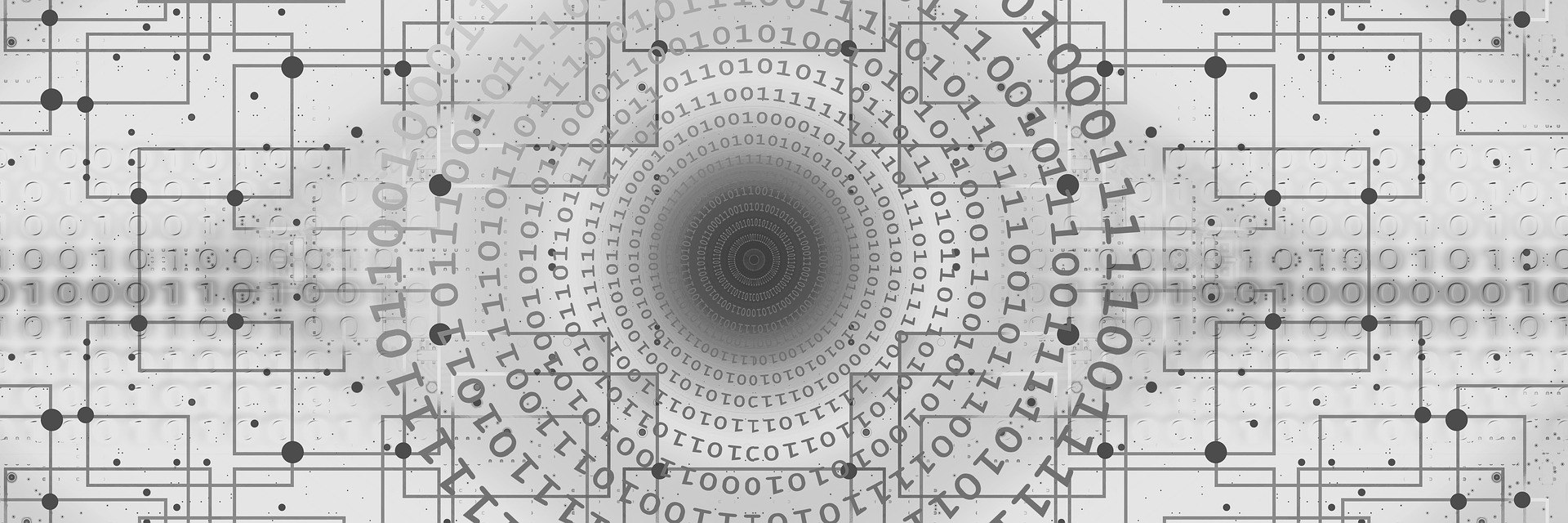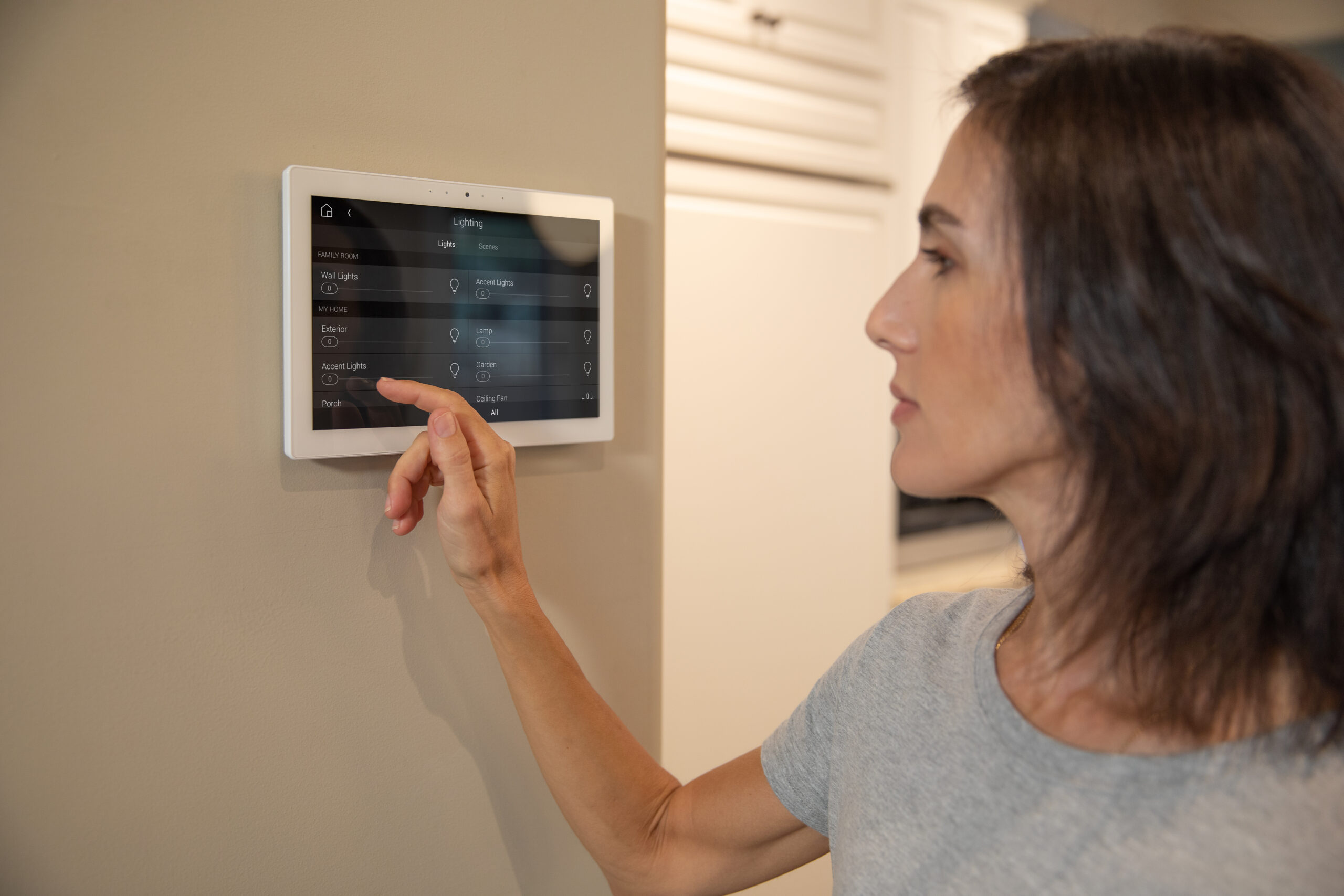The rise of artificial intelligence (AI) has been transforming various industries, and one area that is set for meaningful change is home automation. With AI-powered technologies becoming increasingly sophisticated, the future of smart homes will take on a whole new level of convenience, efficiency, and personalization. In this blog post, we will explore the ways in which AI may revolutionize home automation and shape the future of smart living.
Intelligent Voice Control

The integration of natural language processing (NLP) and AI algorithms will lead to a revolution in home automation through intelligent voice control. Unlike current command-based systems, future voice assistants may have the ability to understand context, nuances, and even follow multi-step instructions based on conversational interactions.
As AI continues to advance, voice control in home automation will become even more refined. Natural language processing algorithms will enhance their understanding of complex instructions, handling follow-up queries, and adapting to individual preferences, speech patterns, and specific household routines. The future of home automation lies in the seamless integration of AI-powered voice control, providing homeowners with a simpler, more intuitively connected living experience.
Smart Energy Management
The advent of AI in home automation systems will transform energy management. AI will enable systems to analyze energy usage patterns, weather conditions, occupancy, and control devices like thermostats and window shades. This interaction unlocks remarkable benefits for homeowners seeking to optimize energy efficiency and reduce costs.

By learning from historical data, AI will understand residents’ energy usage patterns and suggest adjustments to minimize waste. By connecting to weather services, predictive analytics should help anticipate the impact of weather conditions, enabling proactive adjustments to thermostat settings and utilization of natural light through automated window shades.
AI will also interact with occupancy sensors to detect when occupants are present, allowing for intelligent energy adjustments such as turning off lights, optimizing temperature settings, and shutting down non-essential devices.
Enhanced Security Systems
The future of home security lies in the integration of AI, which will revolutionize the way we safeguard our homes. AI will bring intelligence, proactivity, and reliability to security systems, making them even smarter and more effective.
AI-enabled cameras provide real-time video surveillance, instantly detecting and alerting homeowners to any suspicious activity. Facial recognition technology will enhance access control, allowing homeowners to automatically grant or deny entry based on recognized faces.
Future AI systems will analyze behavioral patterns, identifying anomalies that may indicate a security threat, such as unusual door openings or unrecognized individuals. Smart intrusion detection will combine sensor data with advanced machine learning algorithms to differentiate between true threats and false alarms.
With the future advancements in AI, home security will become a personalized solution. By leveraging the power of AI, homeowners can protect their homes with confidence, knowing that their security systems are equipped with innovative technology.

Personalized Home Experiences
Personalized home experiences, enabled by AI, have the potential to revolutionize how we interact with our living spaces. AI will be able to learn individual preferences and adapt systems accordingly, creating immersive and enjoyable home environments. By analyzing data on lighting, temperature, and entertainment choices, AI can automatically adjust the ambiance when a homeowner enters a room. or offer personalized entertainment recommendations tailored to individual tastes: lighting adjusts to your preferred brightness and color temperature, the temperature is set to your ideal level, and your favorite music starts playing softly in the background.
Predictive Maintenance
Predictive maintenance, driven by AI, will take a proactive approach to home system management. By analyzing usage patterns, sensor data, and projected performance, it will identify potential issues before they escalate. Sensors may detect wear and abnormalities, alerting homeowners or maintenance teams for timely repairs. The combination of predictive maintenance and home automation will offer a comprehensive approach to system management, empowering homeowners with greater control and convenience.
Intelligent Appliances and Devices
AI can empower smart appliances and devices to go beyond their basic functionalities. By learning from user behavior and adapting to preferences, these AI-enabled devices will make informed decisions. For example, a smart refrigerator equipped with AI could monitor food inventory, suggest recipes based on available ingredients, and even place online orders for replenishing supplies. Such intelligence brings convenience and efficiency to everyday tasks.

Integration and Interoperability
AI could serve as the central intelligence hub for smart homes, facilitating seamless integration among various devices and systems. This integration would enable homeowners to control multiple aspects of their home automation through a single interface. With AI at the core, different platforms and devices would communicate and work together harmoniously, providing a variety of user experiences tailored to individual needs, and ensuring a cohesive smart living environment.
Conclusion
As AI continues to advance, the field of home automation is ready for groundbreaking transformations. The integration of AI technologies in smart homes enhances convenience, optimizes energy usage, improves security measures, and delivers personalized experiences. However, it is crucial to address concerns regarding data privacy and security as AI becomes more prevalent in our daily lives. With the right safeguards in place, the future of home automation looks promising, offering homeowners a seamless, intelligent, and connected living experience.



